Have you heard of Digital Ecology yet? If not, you will certainly learn about it as this way of thinking about nature, adapted to the changing world, is now entering the mainstream of ecological philosophy and policies.
What is Digital Ecology?
There is no doubt that the digital industry is the most dynamic sector of the economy on a global scale. Digitization is usually considered to be consistent with the principles of ecology and a low-emission process of technological development. However, the digital boom – the IT revolution, even if it still remains “green”, the number of devices using digital technologies as well as the industries developing them have already grown to such an extent that even their “greenness” is in question. The number of start-ups, applications, digital services etc. causes huge energy consumption.
This way, digitization becomes interesting for ecology.
Almost as much as 20% of energy is consumed by the digital industry. Ecologists don’t care about the essence of this industry as the emissions of individual IT entities are usually negligible, but about the number of these entities, because by adding them together we get a huge demand for energy.
What can we do to prevent the digital industry from becoming another challenge for our planet? Shouldn’t we rather use new information technologies to save the Earth that we are degrading?
The importance of the digital industry for ecology
Every time we open a website, read notifications on a smartphone, browse a mailbox, we engage not virtual, but physical and real installations, such as servers that consume energy. In short, our online activities have an ecological dimension.
Since no one wants or can shift back the development of digitization and online services, it is only appropriate to think about how we can keep the digital domain nature-friendly. The Global Digital Trade Expo conference organized in Hangzhou (China) in mid-December may provide some answers.
Conference of hope
The Chinese, who remain the leading emitter of pollution, behave pragmatically in matters of ecology. The organization of the first international conference on digital ecology, which is probably intended to make us think of China as a leader in the field of ecology, proves the point.
The purpose of the conference is set as follows: “developing the rules of global trade and presenting achievements in the creation and development of the digital economy” in the context of ecology. It must be admitted that with this step the Chinese can unite all people who care about sustainable development, and their initiative may have real effects on the policies of global players.
Nevertheless, it should be noted that the conference in Hangzhou, although international, is primarily intended to serve the interest of China, which probably doesn’t even pretend that it wants to join the leaders of ecology in the world (in some areas it is already a leading country).
The topics discussed there will concern the design of digital technologies that use less energy and the development of techniques for using the digital sphere to combat climate change. All this will take place in the Middle Kingdom that uses digital technologies on a scale unprecedented anywhere else in the world (although not always in a way acceptable to the Western community).
Maciej Skomorowski












